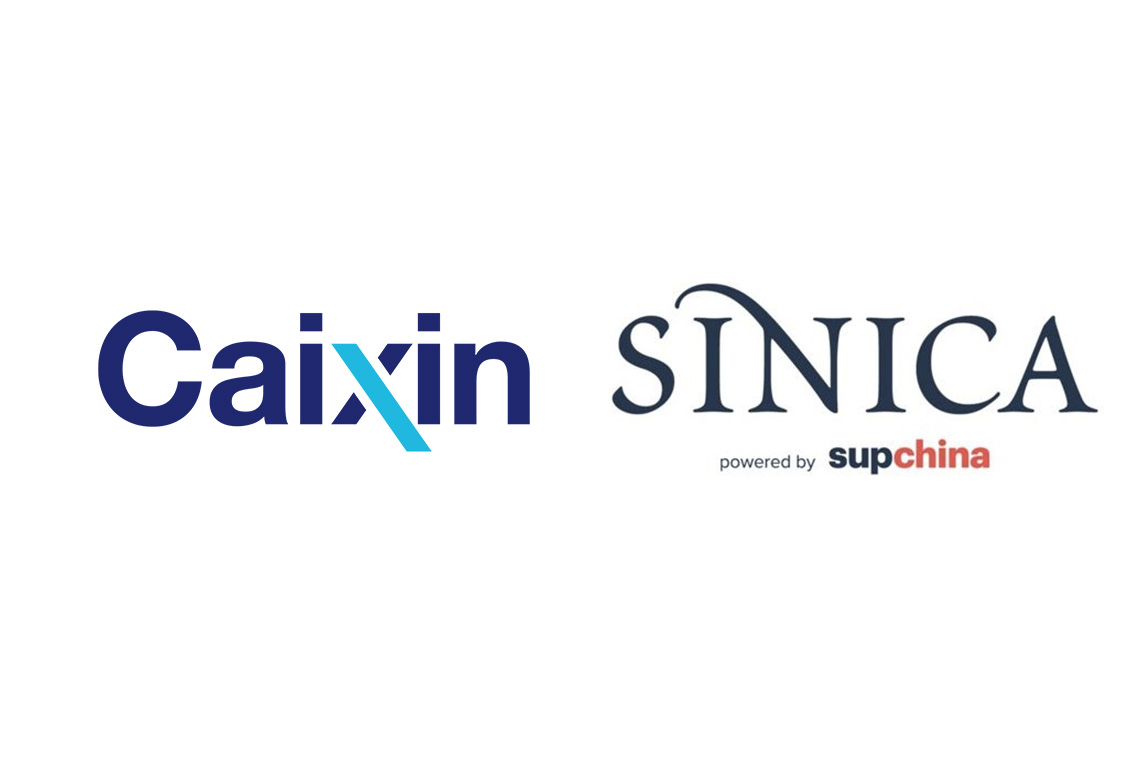Welcome to the 60th installment of the Caixin-Sinica Business Brief, a weekly podcast that brings you the most important business stories of the week from China’s top source for business and financial news. Produced by Kaiser Kuo of our Sinica Podcast, it features a business news roundup, plus conversations with Caixin reporters and editors.
This week:
- We note that smartphone maker Xiaomi’s Hong Kong-listed shares fell last week, despite revealing in its first earnings report since its July listing that it had made a profit in the second quarter.
- We discuss the downfall of Chinese celebrity monk Shi Xuecheng 释学诚, who has resigned after two former colleagues accused him of sexually harassing female disciples.
- We learn that China’s decades-old hukou household registration system effectively shortens migrant workers’ careers by 15 years, according to a prominent legislator.
- We hear that LinkedIn’s Chinese competitor Maimai just closed a new $200 million fundraising round, putting it in so-called “unicorn” status — a startup with a valuation of at least $1 billion.
- We find out that a group of Chinese companies stole up to billions of pieces of user data from 96 tech companies — including from e-commerce giant Alibaba — in the country’s latest case of privacy violation.
- We analyze a new report suggesting that China’s online population surpassed 800 million this summer, with the number of people using the internet to manage their finances or hail rides expanding particularly quickly.
In addition, we introduce a new segment called “Five Things.” This week, we chat about five things that you should know about next month’s sixth forum on China-Africa Cooperation, or FOCAC, in Beijing, where delegates from dozens of African countries are expected to meet Chinese officials.
Finally, we talk with Coco Feng, business reporter for Caixin Global, about Australia banning Huawei and ZTE, China’s leading telecommunications companies, from providing equipment for its 5G network and lotteries in China. We also chat with Doug Young, managing editor of Caixin Global, about Chinese tech giant Tencent’s abrupt removal of its highly anticipated game Monster Hunter: World from its WeGame digital game marketplace only days after it was released.
We’d love to hear your feedback on this product. Please send any comments and suggestions to sinica@thechinaproject.com.








